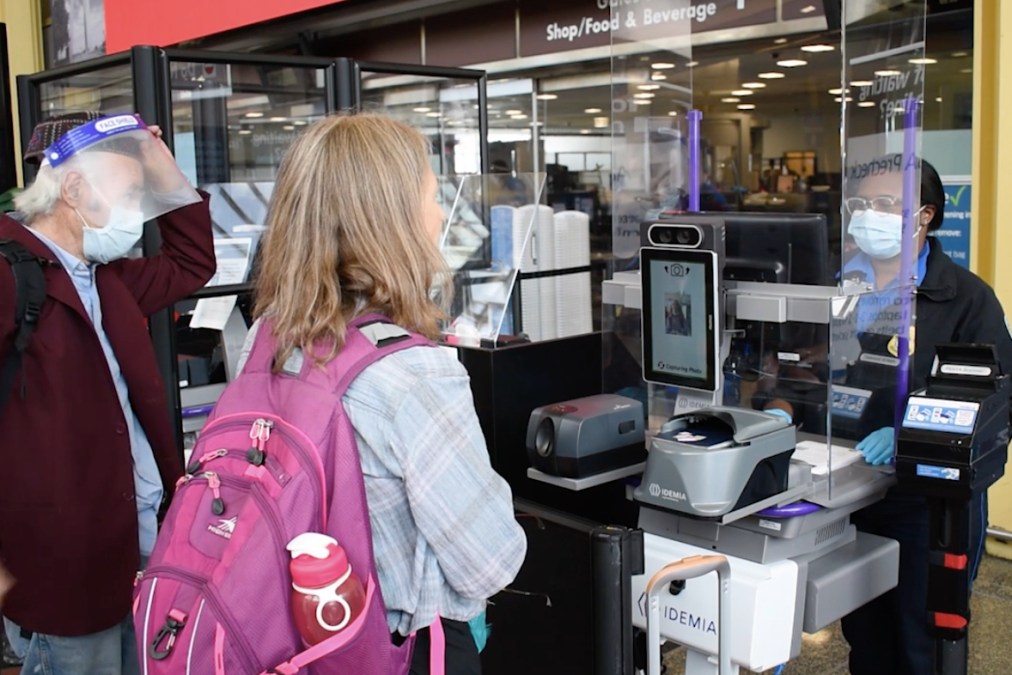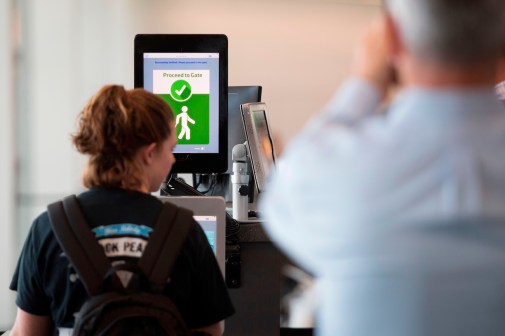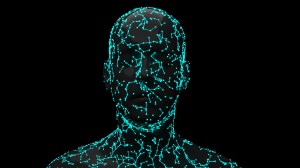ACLU endorses Senate bill to ban facial recognition at airport security

The American Civil Liberties Union this week endorsed the Traveler Privacy Protection Act, a bill that would prohibit the Transportation Security Administration from using facial recognition or matching technology in airports.
The bill, introduced by Sen. Jeff Merkley of Oregon and a bipartisan group of senators, follows reports that the agency is piloting a voluntary facial recognition program to expedite the security process. The bill would end the pilot and require the TSA and U.S. Customs and Border Protection to gain Congressional approval for any future security experimentation with facial recognition technology.
“Sentator Merkley’s bill is an incredibly important — and incredibly simple — step towards curbing the many likely abuses of the government forcing us to use facial recognition and facial matching technology at airports,” Cody Venzke, senior policy counsel at ACLU, said in a statement endorsing the legislation.
The biometric recognition system being tested collects photographs of travelers’ faces and compares them against their government-issued IDs. The program, voluntary for U.S. citizens, has attracted criticism from advocacy groups, who cite the risk of bias or other inaccuracies associated with the emerging technology.
“There is overwhelming evidence that this technology disproportionately misidentifies and harms marginalized communities,” Venzke said in his statement.
U.S. citizens can request alternative processing, which typically involves a manual review of their travel documents by an officer. But eventually, TSA would like biometric recognition to be required across the board, according to TSA Administrator David Pekoske, who claims it’s 97% effective and unbiased.
“In our own testing, we show no statistically significant variation across demographic groups,” Pekoske said during a South by Southwest conference fireside chat in Austin, Texas, earlier this year.
Customs and Border Protection officials have further pushed back on the program’s criticism, noting that the program doesn’t involve mass surveillance or hidden cameras capturing videos of people in public spaces without their consent.
“Our process is out in the open and signage in clear language is displayed where all passengers and travelers can see them and stay informed about the process and technology,” a statement on Customs and Border Protection’s website reads.
But ACLU’s Venzke disputed the technology just the same.
“There is no proof that this invasive technology meaningfully makes us safer,” he wrote. “Congress must take this critical opportunity to protect our constitutional right to privacy.”






